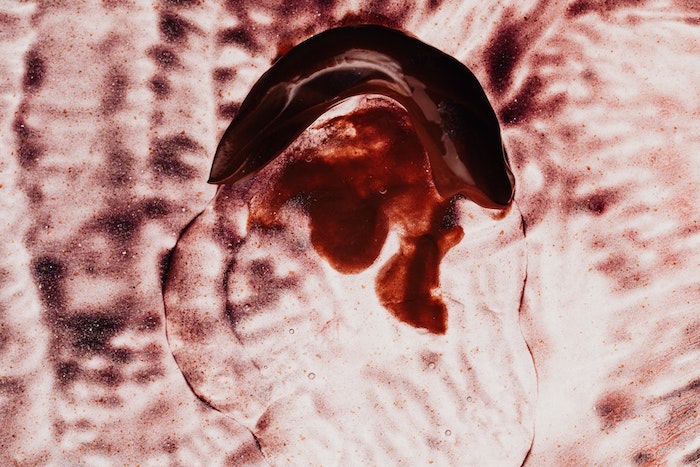New to holistic health? Here at Selfish Darling were are taking you through our basic guide to holistic health; what it is and how to incorporate it into your life. If you haven’t read our first piece, introducing you to holistic health, read that here! It’s not all herbal tea and yoga, so if you’re new to the approach, we’re here to help guide you.
As we first introduced there, holistic health can be broken up into five distinct areas aspects or spheres. The approach believes that when we have a good balance of all five of these aspects, we will be at our optimal health. The five aspects include:
- Physical
- Mental
- Emotional
- Spiritual
- Social
Today, we’re taking a look into the emotional aspect of holistic health. Our emotions are greatly tied to all the other aspects, influencing our mental wellbeing, social relationship, physical health and spiritual connections. But how can we look at our emotional health from a holistic health point of view?
The emotional aspect
Recently, we’ve all started to become more in tune with our emotional health as much as with our physical; in fact, the two are very closely linked and when our emotional health suffers, we often experience it through physical symptoms.
Taking care of our emotions is a priority for ensuring our overall health, and there are several ways we can do this.
Mindfulness
– a mental state achieved by focusing one’s awareness on the present moment, while calmly acknowledging and accepting one’s feelings, thoughts, and bodily sensations, used as a therapeutic technique.
You’ve probably heard of mindfulness before, and there are multiple techniques to practising it, which means there’s something for everyone. Whether it’s art, mediation or other stress-reducing activities that help us focus on ourselves, on the moment and keeps our minds and bodies peaceful.
Therapy
Seeking out therapy helps us to address our emotions and our past, learn how to deal with the past, cope for the future and teach us how best to communicate and support our emotional needs. From dealing with mental illnesses, self-esteem, trauma or simply working to grow and develop our emotional skills and boundaries, therapy can be a valuable tool for all of us.
Relationships
We are not islands, and out connections with other people hugely affect how we feel both emotionally and overall. Developing healthy, communicative and loving relationships with family and friends not only makes us feel good but ensures we have a supportive network to help when times get difficult.
Emotional Intelligence
Emotional intelligence is what helps us to accept and express our emotional needs. According to David Goleman, this is made up of self-awareness, empathy, motivation, social skills and self-regulation. Knowing what we need emotionally and being able to request and express it to the important people our lives provides a solid base for emotional health.
Holistic Approaches
There are several; ways to look after your emotional health from holistic or traditional practices. From aromatherapy, hypnotherapy, mediation, yoga, energy work, tea or even taking a long bath. Our emotions can be influenced by touch, by certain foods and lifestyle choices, so eating well, sleeping well and loving well are all integral elements for ensuring that we look after our emotional well-being.
When our emotions are at ease, the rest of our health follows. Relaxed bodies and untroubled minds





